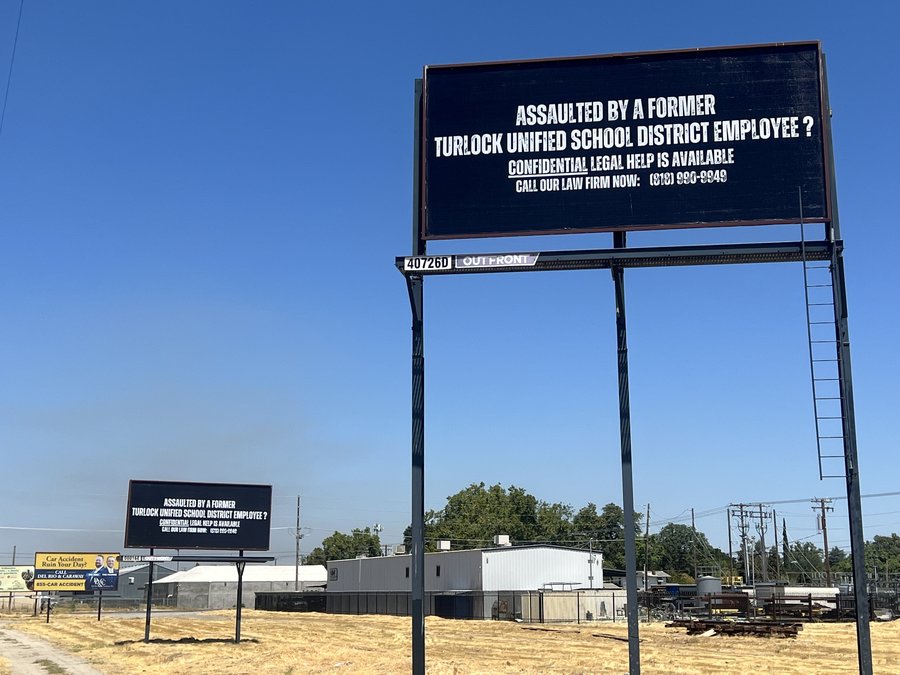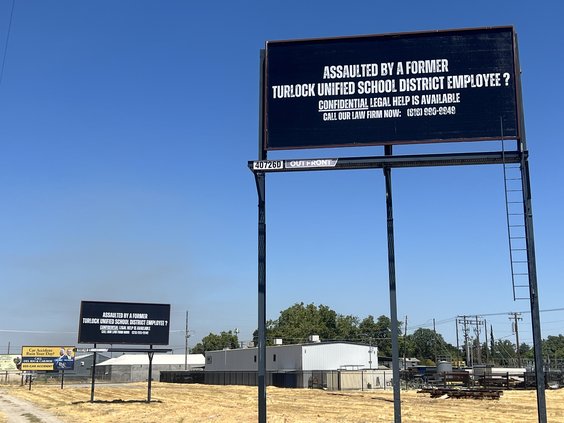Behavioral Health and Recovery Services Patient Statistics
Children’s and Transitional Age Youth System of Care
• 80 percent decrease in homelessness
• 81 percent youth satisfied with services
• 84 percent caregivers of youth satisfied with services
Adult System of Care Committee
• 50 percent decrease in homelessness
Older Adult System of Care Committee
• 85.8 percent decrease in homelessness
• 67.6 percent decrease in institutionalization
• 10 percent decrease in budget
Criminal Justice Oversight Committee
• 23.8 percent of individuals booked into jail went through services
• 15.2 percent of individuals booked into jail were currently going through services
• 82 percent decrease in bookings
• 94 percent decrease in jail days
• 92 percent decrease in homeless days
Children’s and Transitional Age Youth System of Care
• 80 percent decrease in homelessness
• 81 percent youth satisfied with services
• 84 percent caregivers of youth satisfied with services
Adult System of Care Committee
• 50 percent decrease in homelessness
Older Adult System of Care Committee
• 85.8 percent decrease in homelessness
• 67.6 percent decrease in institutionalization
• 10 percent decrease in budget
Criminal Justice Oversight Committee
• 23.8 percent of individuals booked into jail went through services
• 15.2 percent of individuals booked into jail were currently going through services
• 82 percent decrease in bookings
• 94 percent decrease in jail days
• 92 percent decrease in homeless days
About 15 years ago, schizophrenia and bi-polar disorder caused Robert Hall to run away from home, as if he were a teenager again, and no one understood why, not even himself.
Hall didn’t want to take his medicine because he didn’t understand how they would help, he said. He said he was uneducated about mental health and refused to continue to take the medicine that he was told would make him better.
“When I was a child, I was educated about drugs, alcohol, and AIDS but I was never educated about mental health,” Hall said.
He was first diagnosed with bi-polar disorder in 1994, and after three years of not taking his medicine properly, Hall was diagnosed with schizophrenia three short years later, he said. After he was diagnosed with schizophrenia, Hall said he knew he had to start taking his medicine.
“I was getting worse and I knew it was time to get better,” he said.
Through a variety of volunteer training programs through Stanislaus County Behavioral Health and Recovery Services, Hall learned basic administrative tasks like running an office and using the computer along with customer service skills, he said. The main things Hall said he feels that helped him live with his mental illness, was the group therapy, education and peer support.
Now Hall is an active member on the Stanislaus County Mental Health Board.
Along with Hall’s personal success story, the Mental Health Board report that was released Oct. 20 shows results that the services provided by the county’s Behavioral Health and Recovery Services are working.
“The report was very well put together and it is nice the supervisors got to hear the report as well,” said Supervisor Vito Chiesa, who sat on the Mental Health Board this year. “I have a ton of passion for people who can’t help themselves.”
Overall, the report shows a decrease in the number of people who are homeless and have sought mental health services through the county and a decrease in the number of people who have sought mental health services and were booked into jail.
According to Elizabeth Oaks, chief of Adult Services for Stanislaus County Behavioral Health and Recovery Services, the homeless outreach program is responsible for the decrease in homeless numbers in the Mental Health Board report.
Through the homeless outreach program services are provided 24 hours a day seven days a week for the homeless, Oaks said. The services provided in the outreach program give the homeless a “packaged deal.”
The program helps the homeless get out of living on the streets, along with providing services for mental illness, she said.
“The first step in treatment is finding them a place to live,” Oaks said. “It is hard to treat someone that is homeless with a mental illness.”
The program also provides therapy and medication, she said. The outreach aims to help the homeless with day to day issues along with building strong relationships.
Generally, the homeless rate has decreased by 50 percent within people who use the mental health services, but the goal to be reached is a decrease of 70 percent, Oaks said. Over the years, the homeless rate has been steadily decreasing because of the mental health services that are open to the community, according to Oaks.
Hall is one example of the county’s success with offering services to those with mental illness.
He said his history and experience with mental illness has given him the chance to provide good input on the board.
“I get to give input and get problems solved,” Hall said. “The Behavioral Health and Recovery Services taught me that recovery is possible.”
To contact Maegan Martens, e-mail mmartens@turlockjournal.com or call 634-9141 ext. 2015.
Hall didn’t want to take his medicine because he didn’t understand how they would help, he said. He said he was uneducated about mental health and refused to continue to take the medicine that he was told would make him better.
“When I was a child, I was educated about drugs, alcohol, and AIDS but I was never educated about mental health,” Hall said.
He was first diagnosed with bi-polar disorder in 1994, and after three years of not taking his medicine properly, Hall was diagnosed with schizophrenia three short years later, he said. After he was diagnosed with schizophrenia, Hall said he knew he had to start taking his medicine.
“I was getting worse and I knew it was time to get better,” he said.
Through a variety of volunteer training programs through Stanislaus County Behavioral Health and Recovery Services, Hall learned basic administrative tasks like running an office and using the computer along with customer service skills, he said. The main things Hall said he feels that helped him live with his mental illness, was the group therapy, education and peer support.
Now Hall is an active member on the Stanislaus County Mental Health Board.
Along with Hall’s personal success story, the Mental Health Board report that was released Oct. 20 shows results that the services provided by the county’s Behavioral Health and Recovery Services are working.
“The report was very well put together and it is nice the supervisors got to hear the report as well,” said Supervisor Vito Chiesa, who sat on the Mental Health Board this year. “I have a ton of passion for people who can’t help themselves.”
Overall, the report shows a decrease in the number of people who are homeless and have sought mental health services through the county and a decrease in the number of people who have sought mental health services and were booked into jail.
According to Elizabeth Oaks, chief of Adult Services for Stanislaus County Behavioral Health and Recovery Services, the homeless outreach program is responsible for the decrease in homeless numbers in the Mental Health Board report.
Through the homeless outreach program services are provided 24 hours a day seven days a week for the homeless, Oaks said. The services provided in the outreach program give the homeless a “packaged deal.”
The program helps the homeless get out of living on the streets, along with providing services for mental illness, she said.
“The first step in treatment is finding them a place to live,” Oaks said. “It is hard to treat someone that is homeless with a mental illness.”
The program also provides therapy and medication, she said. The outreach aims to help the homeless with day to day issues along with building strong relationships.
Generally, the homeless rate has decreased by 50 percent within people who use the mental health services, but the goal to be reached is a decrease of 70 percent, Oaks said. Over the years, the homeless rate has been steadily decreasing because of the mental health services that are open to the community, according to Oaks.
Hall is one example of the county’s success with offering services to those with mental illness.
He said his history and experience with mental illness has given him the chance to provide good input on the board.
“I get to give input and get problems solved,” Hall said. “The Behavioral Health and Recovery Services taught me that recovery is possible.”
To contact Maegan Martens, e-mail mmartens@turlockjournal.com or call 634-9141 ext. 2015.









